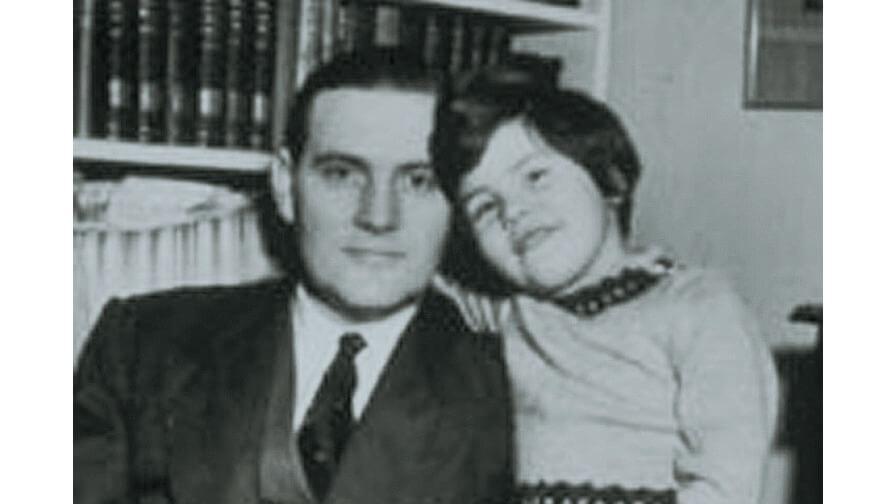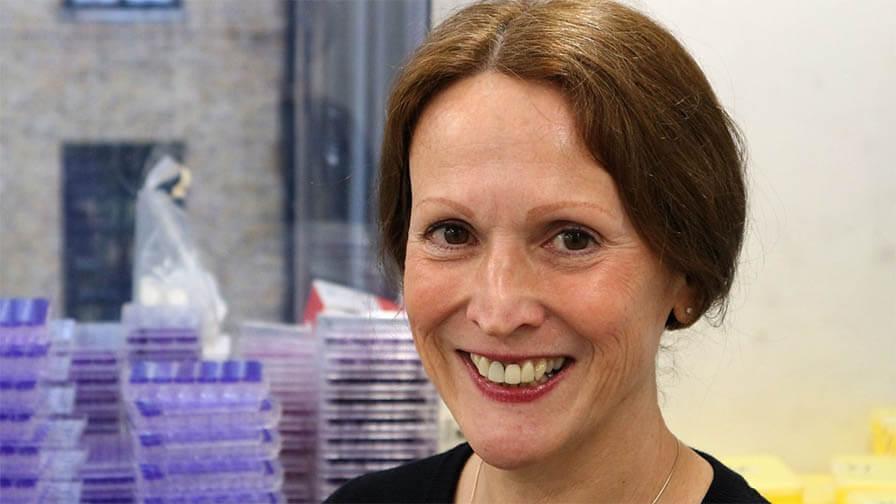Founded in 1952

The charity was originally founded more than 70 years ago in 1952 by Duncan Guthrie, who made it his mission to raise funds to defeat polio, a condition that affected the lives of many thousands of children including his own daughter Janet.
His mission was realised when within 10 years, the first UK polio vaccines were introduced. Every year on World Polio Day (24 October) we look back at the history of polio and remember our incredible founder and his drive to help beat polio.
Big breakthroughs
Since 1952 we have funded some of the most significant medical breakthroughs in recent history – breakthroughs that have helped save thousands of children’s lives and changed many more:
- Discovering the importance of folic acid to prevent spina bifida in babies.
- Developing the use of ultrasound technology in pregnancy.
- Creating the Matrix Seating System for physically disabled children.
- Testing the rubella vaccine.
- Contributing to the development of groundbreaking cooling therapy to prevent brain damage in babies.
- Developing new advice to reduce the risk of stillbirth leading to a ‘sleep on side’ public health campaign
Protecting children

Despite the enormous progress that has been achieved in medicine, there are still hundreds of thousands of children in the UK today who are affected by disease and disability. They and other families like them urgently need hope – the hope that only medical research can provide.
Child health research is underfunded in the UK. There is relatively little government or pharmaceutical funding for medical research into conditions that affect children and very few UK charities specifically focused in this area.
The prospects for finding new cures, vaccinations and treatments are excellent thanks to recent advances in science and medicine – a lack of funding for medical research is the biggest obstacle to achieving breakthroughs for children.
With your help, we are determined to change this and make a difference to children’s lives. They are depending on us.
Charity names through the decades
Duncan Guthrie, and his wife Prue, set up the National Fund for Poliomyelitis Research – as the charity was first known in 1952.
The first headquarters were two tiny dark rooms up three flights of stairs above a fruit shop in Spenser Street, in Westminster, London.
Over the decades, the charity has had a number of name changes leading to Action Medical Research.
1952-1960: The National Fund for Poliomyelitis Research
1960-1967: The National Fund for Research into Poliomyelitis and Other Crippling Diseases, also known as the Polio Research Fund
1967-1990: The National Fund for Research into Crippling Diseases (also known informally as Action for the Crippled Child and Action Research for the Crippled Child - ARCC)
1990-2003: Action Research
2003-now: Action Medical Research

Professorial Chairs and Units
Earlier in our history, the charity endowed professorial departments or chairs to encourage research in various branches of medicine. Since 1963, the charity committed nearly £2 million towards 13 research chairs.
The majority of these were envisaged as being in perpetuity, with the money invested by the university to maintain in whole or part, the original purpose of the endowment. Nine of these professorial departments or chairs still exist.



